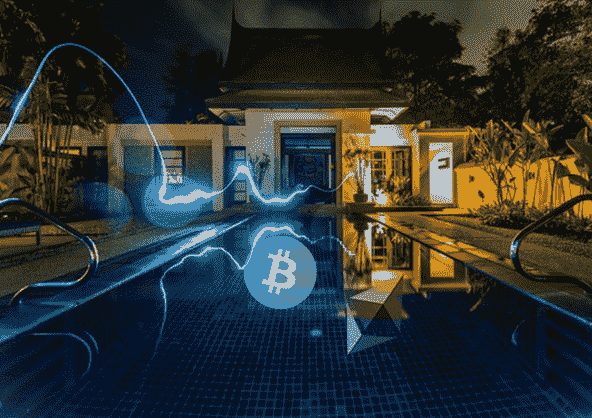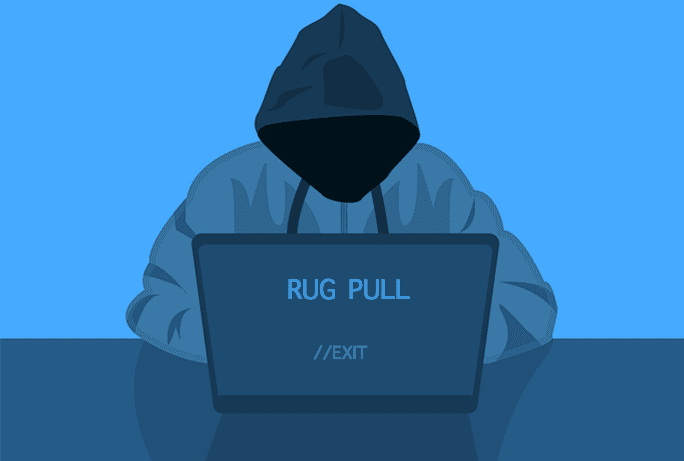Cryptocurrency enthusiasts are eagerly awaiting the entry of dark pool trading into bitcoin’s ecosystem. The term “dark pool” refers to an exclusive type of exchange that allows high-frequency traders to enter and exit trades without revealing their account details or transaction history, making it difficult for other market participants to see. Dark pools offer the possibility of increased anonymity for crypto traders, allowing people with activities they would rather not disclose to do so anonymously.
What is a Dark Pool?
A dark pool is a trading venue in which transactions are processed off the exchange and hidden from the market. Dark pools trade in securities and currencies; however, because these markets are large and dynamic, they create a great deal of difficulty for such exclusive services. Dark pools’ high-frequency trading (HFT) methods do not provide end-users with valuable information when making trades. It often makes the decision-making process difficult for traders.
Also Read: What is APY in Crypto?
How it Works
Dark pools are also more profitable than traditional exchanges because they allow traders to hide the number of shares being swapped. It means that there is no commission on each trade, resulting in an increased profit margin for those invested in the dark pool. Furthermore, the lack of transparency means that traders can avoid paying fees or taxes on their gains, making it a desirable proposition for investors.
Dark pools are very similar to traditional stock exchanges because they provide a meeting place for buyers and sellers. Buyers will enter an order to purchase a certain number of shares, while sellers will enter an order to liquidate their holdings. When a buyer and seller meet in a dark pool, their accounts are matched through a particular computer program that processes the trade quickly and efficiently.
Uses of Dark Pools
- The Dark Pool is a method of executing derivatives and other speculation. Speculators use dark pools to speculate on or hedge against downward movements in the prices of bitcoin and other cryptocurrencies.
- Dark pools are often part of cryptocurrency trading platforms for spot price futures such as Bitcoin Futures (BF) and Ethereum Futures (EF).
- High-frequency traders use dark Pools to execute small orders with little risk, which improves profitability but reduces liquidity and may reduce market transparency.
- Bitcoin futures investors use futures Dark Pools to execute large orders with a minimum change in price and market impact.
Differences Between Dark Pool and Standard Dark Pools
There are two ways crypto dark differ from standard dark pools. The first is that cryptocurrencies are still in their infancy. It means that the issue of lack of liquidity between exchanges has yet to be fully addressed. Market makers will find themselves with very little support when attempting to fill orders in a dark pool exchange, which makes the process more challenging and time-consuming than it is worth.
Second, crypto exchanges do not provide high-frequency trading services. While HFT is a precious tool in the financial industry, it is often underutilized when it comes to crypto due to the lack of liquidity in crypto markets. HFT systems often suffer from latency issues when attempting to analyze the numerous assets at play on a dark pool exchange.
Advantages of Dark Pools
Below are some of the advantages of dark pools:
1. Private Trading
Dark Pools are private exchanges where traders can engage in high-frequency trading without revealing themselves to other market participants. These types of exchanges make their traders anonymous or invisible to others. It is because the accounts involved in the trades are not associated with any real identities.
2. Avoidance of Price Devaluation
In traditional markets, order books are visible to traders from all over the world. When a market is filled at the last price, it is simple for anyone on that exchange to see why that price was filled at that time. This transparency contributes to the market’s stability as everyone can clearly understand how their orders will execute. However, on dark pools, the notary traders on each dark pool may fill orders at a different price or even a different time than someone else.
3. Increased Market Efficiency and Liquidity
Dark pools often provide much greater liquidity compared to regular exchanges. For instance, the London Stock Exchange has much less liquidity compared to dark pools. Dark pools are private exchanges for investors to execute their large orders without affecting the market’s order books. As a result, the entire market is more efficient as there are always people who are willing to buy or sell at any given moment. However, this increased efficiency could have adverse effects on the market’s transparency and stability.
Disadvantages of Dark Pools
Below are some of the disadvantages of dark pools:
1. Risk of Internal Fraud
Since dark pools process transactions completely off of clearinghouses, there is always a risk that internal fraud will occur since no clearinghouse or exchange is present to protect the users. Some exchanges have had to undergo internal investigations due to breaches in security.
2. Market Fragmentation
Because dark pools are private, they can prevent most traders from having access to the prices of the large orders executed on each exchange. It prevents traders from using any information they may have access to by notifying others. It can dramatically reduce an exchange’s transparency and make its market less liquid.
Conclusion
The dark pool is a relatively new type of exchange recognized as a significant component of the cryptocurrency market. Investors currently use it to trade spot price futures, which are contracts for differences. Dark pools seem to be the industry’s future, as they provide many benefits over traditional exchanges. However, there are still many drawbacks that can be overcome through proper security and regulation.










